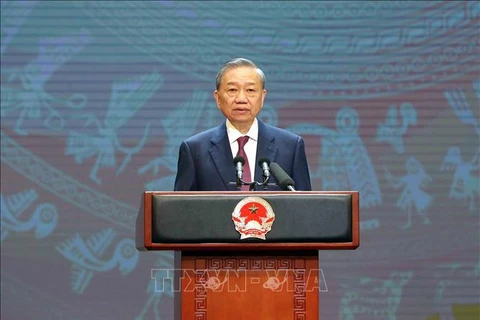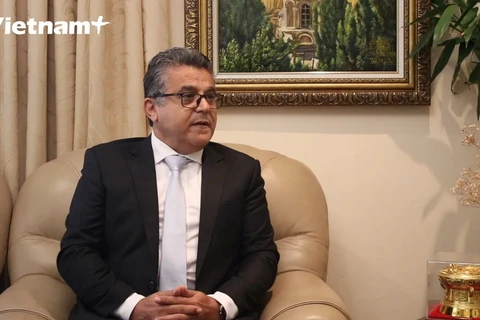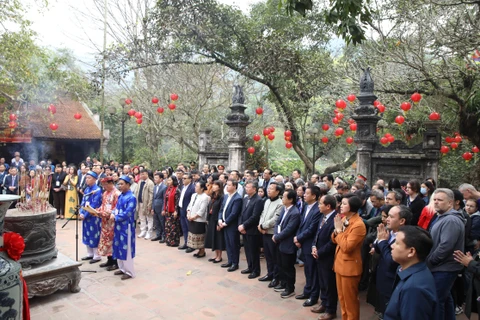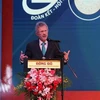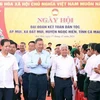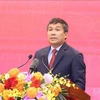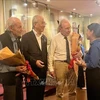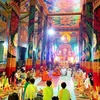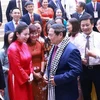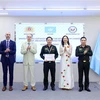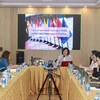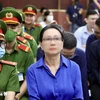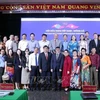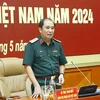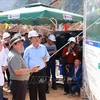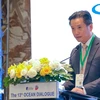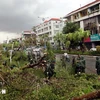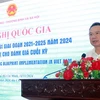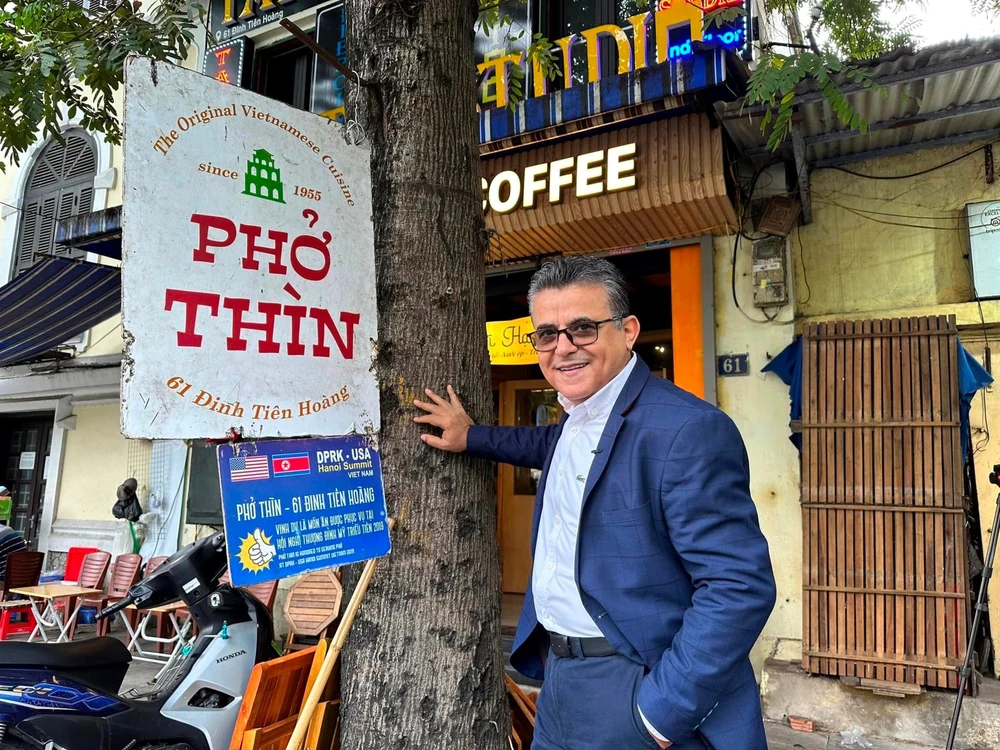
Hanoi (VNA) – On the occasion of the 70th anniversary of Hanoi’s Liberation (October 10, 1954-2024), Palestinian Ambassador to Vietnam Saadi Salama has granted an interview to the Vietnam News Agency’s VietnamPlus e-newspaper, sharing his love for the Vietnamese capital city.
The diplomat recalled that when he was a 10-year-old student in Palestine, he had been interested in global liberation movements and often sought to learn about Vietnam through television, books, and newspapers.
He said that after graduating from high school, he was fortunate to receive scholarships from several countries, including Vietnam. He immediately chose Vietnam and enrolled in a programme about Vietnamese history and culture. He yearned to understand the thinking, characteristics, will, and dignity of a nation that had conducted great struggles for national defence, with a history of striving for independence and peace.
Gradually, Vietnam has become his second homeland, just like Palestine, the diplomat affirmed.
Regarding changes in Hanoi, Saadi Salama shared when he first arrived in Vietnam in 1980, he found Hanoi to be beautiful and peaceful, but he also felt that people's lives were still difficult. Their main mode of transportation was bicycles, and the tallest buildings were no more than five stories. At that time, it took about three hours to travel from Noi Bai Airport to the city centre but now, the time has been cut to just over half an hour.
He then left Vietnam for work and returned in 2007, experiencing traffic jams - an inevitable "specialty" in developing cities - for the first time.
He understood that Hanoi has changed significantly since the economic subsidisation era. It has become a modern city and an important destination on regional and global maps.
Since entering the renewal period, Hanoi has earned its status as a national political-administrative centre, and a major hub for culture, science, education, economy, and international transactions in Vietnam.

Today’s Hanoi is a dynamic city with a much higher development pace and scale, both in area and population. The Hanoi of the 21st century is a colourful and diverse city. It serves as the capital and also the northern economic centre of Vietnam, which is continuously achieving successes on its path of economic development and asserting its national standing, stated Saadi Salama.
He expressed his belief that all the people of Hanoi and Vietnam, including himself, are extremely proud of what Hanoi has achieved.
More than 40 years have passed, but he still remembers the clear and peaceful Hanoi of his early days. Although modern life has created a bit of hustle and bustle in the city, his love for Hanoi has not changed, he affirmed.
According to the ambassador, his career as a diplomat has taken him to many cities around the world, but he finds no place quite like Hanoi in terms of architecture and nature. Hanoi is unique and, to him, it is far more beautiful than the major cities of Southeast Asia. Behind the essence of this millennia-old city lies a layer of unique and rich cultural sentiment that is difficult to fully explore in just a few days.
He went on to say that the achievements of Hanoi in particular and Vietnam in general are thanks to the Party and Government implementing policies that align with the country's conditions.
Additionally, the Vietnamese people are hardworking and always ready to seize opportunities to improve their own lives as well as that of their nation. In particular, they have a deep love for their country, a great pride in their history, a strong spirit of solidarity, and a willingness to serve the homeland, he added./.
